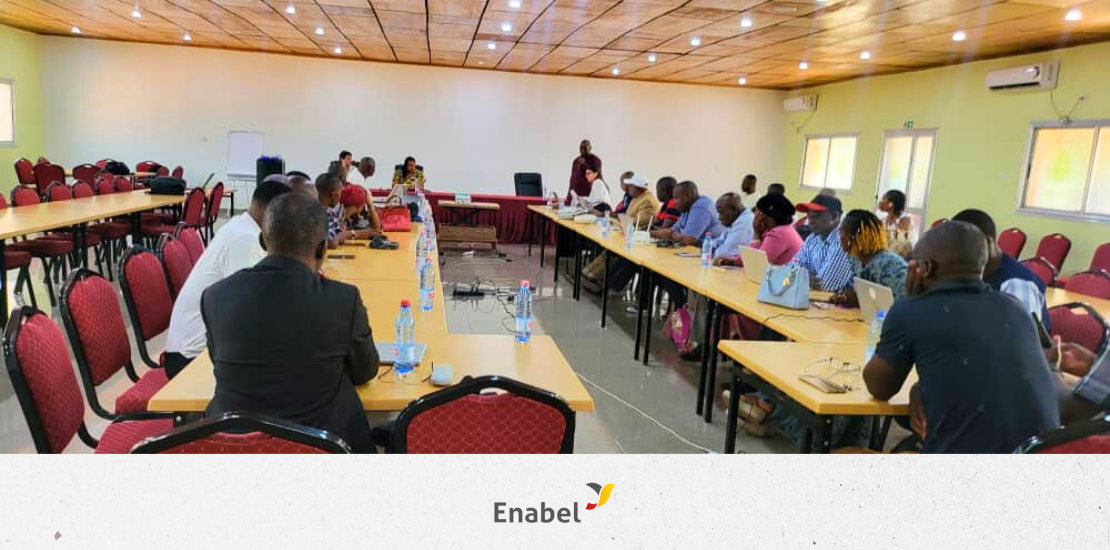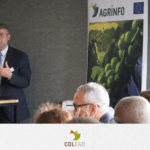- 09/09/2025
- Posted by: Sandra Borma
- Category: News

In the first half of 2025, the Agriéco project, which is funded by Enabel, took decisive steps to lay the foundations for the agroecological transition in Guinea. Particular focus was given to the pineapple, potato and vegetable value chains.
Local dynamics were structured.
Thirteen agricultural cluster initiatives were identified in the Kindia and Mamou regions. Six of these clusters have been selected as priorities and will receive enhanced support. In partnership with ICRA, the recruitment of cluster coaches is underway to ensure close, tailored guidance.
Co-construction with local stakeholders
Two participatory regional workshops were held in Kindia and Mamou, bringing together more than 75 stakeholders. The objective was to co-design agroecological transformation pathways adapted to local realities.
Studies and training are building the foundations.
Baseline studies have been launched on value chains, seed systems, and cluster organisation. Meanwhile, preparations are underway for the deployment of FAO’s TAPE tool, which is aimed at assessing sustainability practices.
Regarding capacity building, the training of resource experts began with an e-learning phase in July. These future trainers will be responsible for disseminating agroecological practices within the clusters.
A promising momentum
Field results have yet to be established, but the foundations are solid. Large-scale technical deployment and training activities are expected in the second half of 2025, marking a new stage in the sustainability and competitiveness of Guinea’s agricultural value chains.
The Agriéco project, implemented in Guinea with financial support from the Belgian Development Agency (ENABEL). This publication was produced with financial support from ENABEL. Its contents are the sole responsibility of COLEAD and cannot in any way be considered to reflect the official position of ENABEL.





